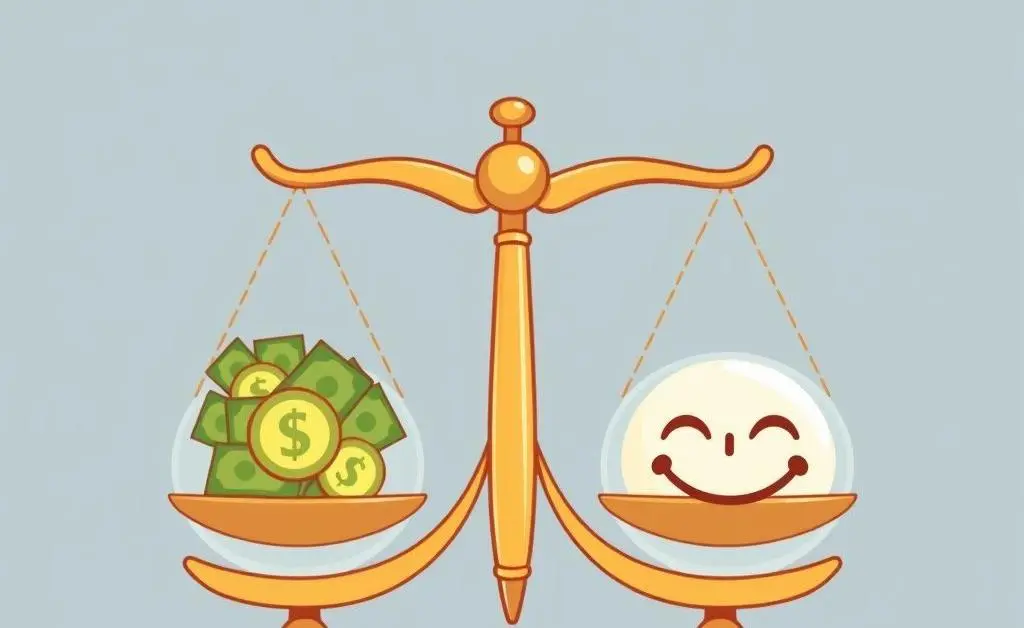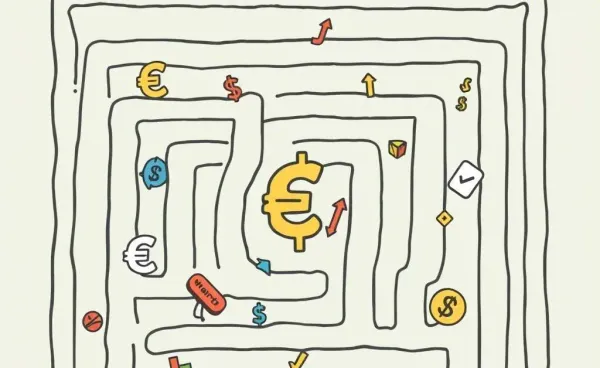Why Letting Go of Budgeting Could Transform Your Financial Life
Explore the surprising benefits of living without a strict budget.

Let’s be honest, budgeting isn't everyone's favorite activity. The detailed spreadsheets, the endless tracking of every penny – it can feel more like a chore than an enlightening journey into your finances. But what if I told you that letting go of budgeting could actually transform your relationship with money? Sounds liberating, doesn’t it?
Is Life Without a Budget Possible?
Many people can't imagine living without a budget. It’s often seen as a critical tool for controlling spending and achieving financial goals. However, ditching the budget doesn’t mean giving up control over your finances. In fact, it might mean the very opposite: gaining a new kind of control.

Why You Might Consider Dropping the Strict Budget
Over the years, I've found that following a strict budget just doesn’t fit everyone’s lifestyle. Here’s why:
- Budgeting Stress: Constantly monitoring every expense can lead to stress and anxiety, which ironically might cause more impulse spending as a relief mechanism.
- Rigidity vs. Flexibility: Life is unpredictable. A rigid budget doesn’t easily account for life's surprises and can lead to unnecessary guilt when we 'fail' to stick to it.
- Efficiency: Some people simply manage to get by spending consciously without needing the checks and balances of a traditional budget.
Embracing Mindful Spending
In the absence of a formal budget, what’s more effective is developing a habit of mindful spending. This means being present and thoughtful about where your money goes, much like savoring a delicious meal instead of mindlessly snacking.

Mindful spending not only changes how you think about money, but it can also lead to healthier financial habits and a happier you. Here are some ways to embrace it:
- Set Intentions: Clearly define what matters most to you financially — whether it's saving for a house, going on a dream trip, or simply having a safety net.
- Track Family or Household Expenses: Instead of noting every coffee purchase, focus on broader categories like dining out or clothing.
- Pragmatic Adjustments: Identify any spending patterns that can be adjusted. Say goodbye to subscriptions you rarely use or eating out habits that don’t bring joy.
Is It Right for You?
This approach won’t suit everyone. If you’re way over your head in spending or just starting to tackle your personal finances, a budget might be necessary to regain stability. Whether you go budgeting-free or decide to stick with the old-fashioned budget, the key lies in finding what makes you comfortable without compromising your financial health.

Conclusion: A Financially Free You
If you’re feeling confined by traditional budgeting, then maybe it’s time to give another approach a shot. Letting go of strict budget constraints can feel liberating and might just be the change you need. What’s your take on living without a budget? Do you think this mindset would work for you, or do you have your own unique strategy?




